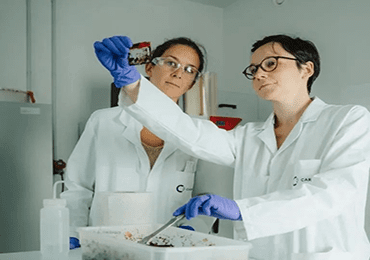
Carbios has been developing enzyme recovery technology since its inception in 2011. Its PET degradation enzymes have proven to be superior to competitors.
On March 5, the France-based biotech company also developed enzymes that aid in biodegradation. Its enzymatic biodegradation process makes p...
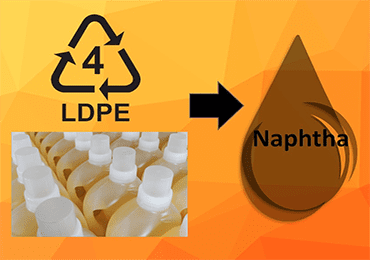
Korea's HD Modern Chemistry, in partnership with CJ CheilJedang Corp. will produce environmentally friendly bio-naphtha and plastic products.
The partnership has been firmly established in the form of a memorandum of understanding. Under the agreement, HD Hyundai Chemical (HD Hyundai Modern) will ob...

Professor Thomas Gries of RWTH Aachen University (Germany) presented a research project that focuses on using pineapple fibers to make clothes. This project aims to study 100 different types of pineapples from Colombia and Thailand to better understand their quality.
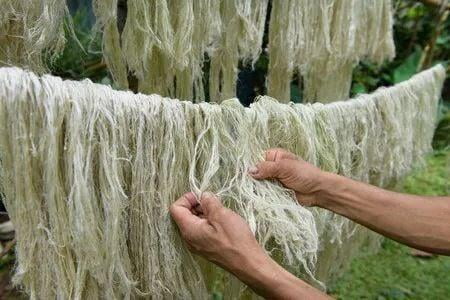
The Piñ aFibre project aims...
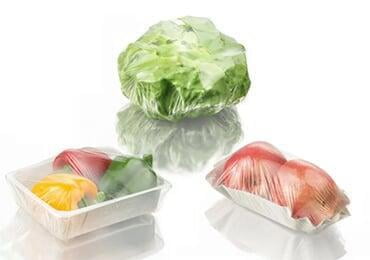
PLA and PBAT are the mainstream raw materials in the current degradable plastics market. In order to further improve the performance of PLA and PBAT single films, many scholars have carried out research on PLA/PBAT composite films in recent years.
PLA/PBAT composite film has excellent mechanica...
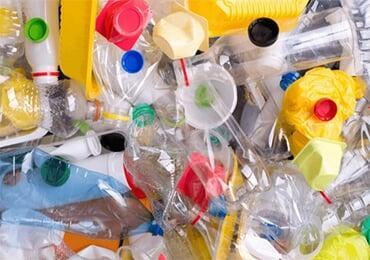
On March 4, the Council and Parliament of the European Union reached an agreement to amend the rules on the reduction, reuse and recycling of packaging, approving a total ban on single-use plastic packaging for all items, including a ban on the use of "permanent chemicals" in food contact ...
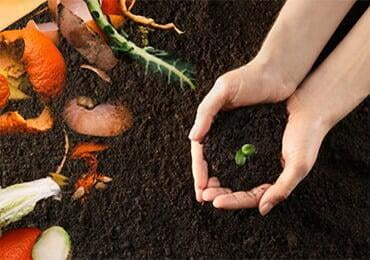
The Biodegradable Products Institute (BPI) has submitted a petition to the U.S. Department of Agriculture (USDA) urging an update to the National Organic Program's (NOP) decades-old definition of compost.
Currently, USDA organic regulations only allow composting of plant and animal material (7C...

On March 1, local time, the sixth United Nations Environment Assembly (UNEA-6) closed in Nairobi, Kenya.
On the closing day, delegates from 193 United Nations Member States voted to adopt 15 resolutions and two decisions covering a wide range of elements to address the triple planetary crisis o...

When worn, washed, and dried, clothing sheds - tiny fibers scattered throughout houses, soil, and waterways that can take centuries to degrade. These fibers, usually made of polyester, are often too small to see and are a major source of microplastic pollution - if invisible at all. Polyester clothi...

MycoWorks USA has announced that they have successfully produced more than 1,000 sheets of this revolutionary luxury leather alternative in their scale Fine Mycelium™ plant and that the quality of these biomaterials has surpassed the levels achieved in their California pilot plant.
This achieve...

Danimer Scientific, a leader in the U.S. bioplastics industry, recently completed an expansion of its plant in Rochester. The expansion introduced an innovative thermo-catalytic process that significantly improves production efficiency compared to traditional fermentation methods.
Following the...